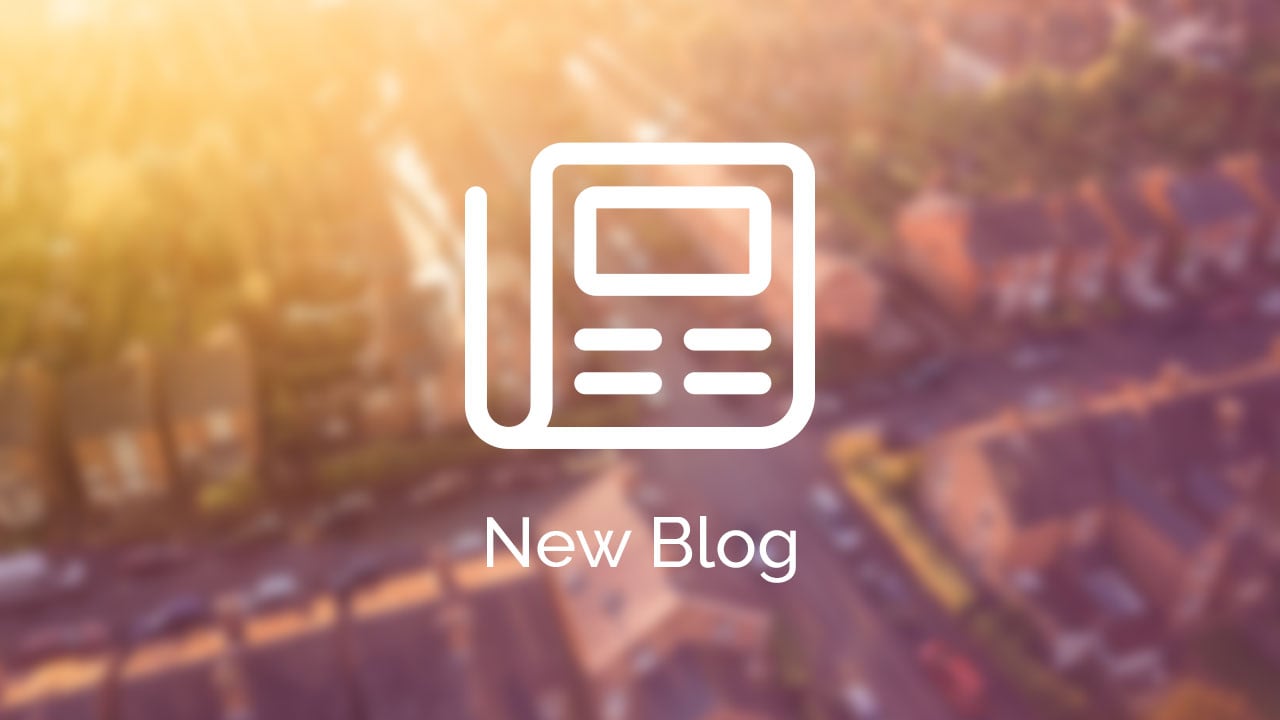What are the different types of boilers?
What is a condensing boiler?
Condensing boilers have a bigger and more efficient heat exchanger that is able to recover almost all the heat out of the gas it burns, so that very little useful heat is lost through the flue. This means the boiler doesn’t need to work so hard or use as much fuel to heat your home or hot water, saving you money on your fuel bills and reducing carbon emissions. Because it doesn’t get so hot, the flue of a condensing boiler is usually made of plastic, rather than metal, like the flues of non-condensing boilers.
What is a combi boiler?
Combi, or combination, boilers are the most popular types of boiler in the UK. All the components needed for your central heating and hot water are combined in the boiler’s compact casing. The boiler switches from central heating to hot water when a hot tap is turned on, providing instant hot water whenever you need it.
Pros
- You only heat the water you need
- No need for a hot water storage cylinder or tanks in the loft
- Perfect for homes with limited space
- Hot water is delivered at mains pressure.
Cons
- Hot water will only be available at one tap at a time
- Not suitable for homes with more than bathroom used at the same time.
What is a system boiler?
System boilers include the expansion vessel and pump inside the boiler casing. They need a hot water storage cylinder but do not need water tanks in the loft. They are suitable for homes with more than one bathroom and a high demand for hot water.
Pros
- No need for tanks in the loft, reducing the risk of frozen pipes and leaks
- Plenty of hot water from several taps at the same time
- Perfect for homes with more than one bathroom, or with a high demand for hot water
- Compatible with most solar thermal systems.
Cons
- You need space for the hot water cylinder
- You need to wait for the water in the cylinder to heat up before you can use it.
What is a heat only boiler?
Heat only boilers are also known as regular, traditional, conditional or open vent boilers. They need a feed and expansion tank and a cold water storage tank in the loft and a hot water storage cylinder and separate pump, usually housed in the airing cupboard.
Pros
- A good option for areas where the mains water pressure is low
- Perfect to replace an old existing boiler while retaining the existing central heating system
- Good for homes with more than one bathroom, or with a high demand for hot water
- Plenty of hot water from several taps at once
- Compatible with most solar thermal systems.
Cons
- You need space for the hot water cylinder
- You need to wait for the water in the cylinder to heat up before you can use it
- Tanks in the loft could be susceptible to freezing.
Electric boilers
Electric boilers are much more energy efficient than gas boilers, but electricity is more expensive to buy. They do not have a flue, so are more suitable for homes where a flue is not an option, such as tower blocks.
Combined heat and power
Some boilers have a separate engine within them that generates electricity when there is a demand for heat in the home. The cost of installation of combined heat and power boilers is very high and the government has withdrawn the feed-in tariff payment scheme.
Our Boilers
Which Baxi boiler do I have?
The easiest way to find out which Baxi boiler you have is by looking at the instructions that came with it.




